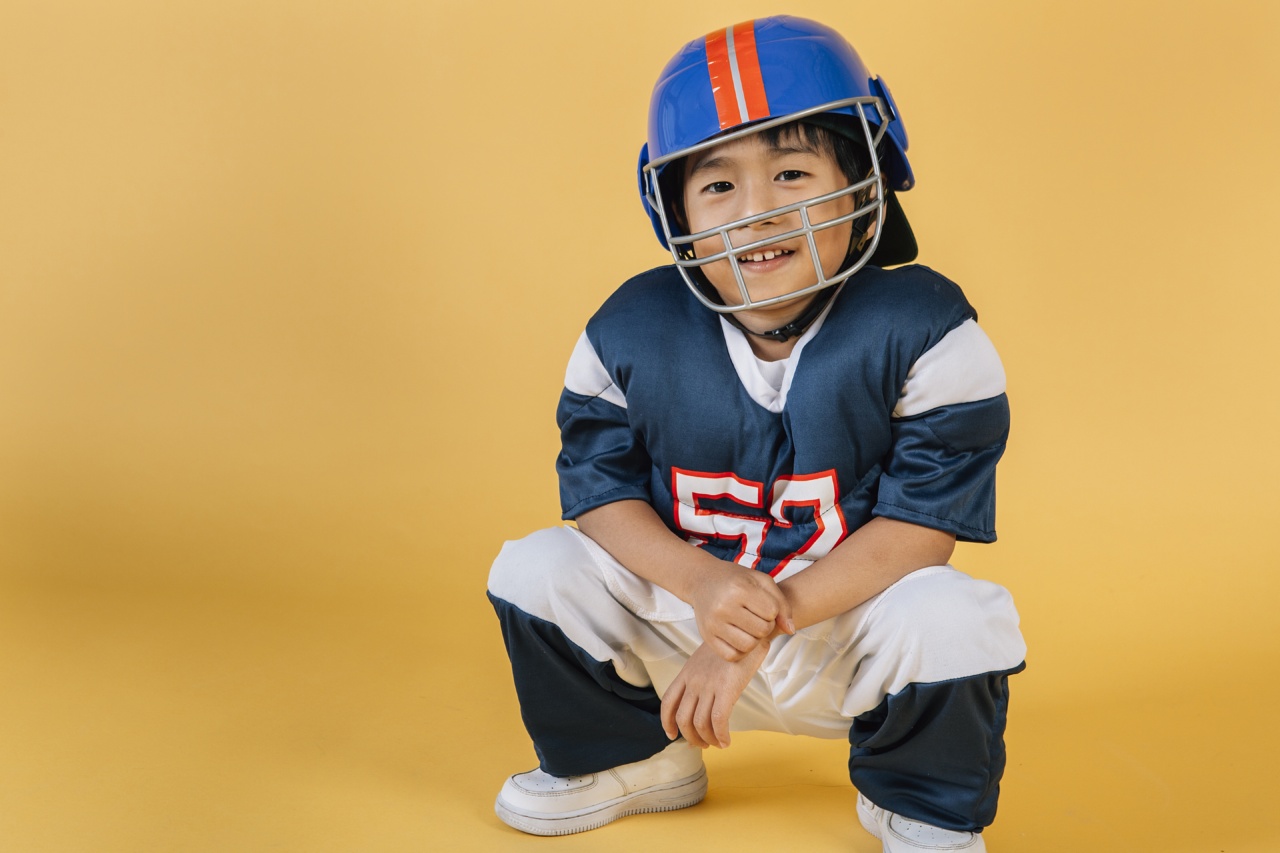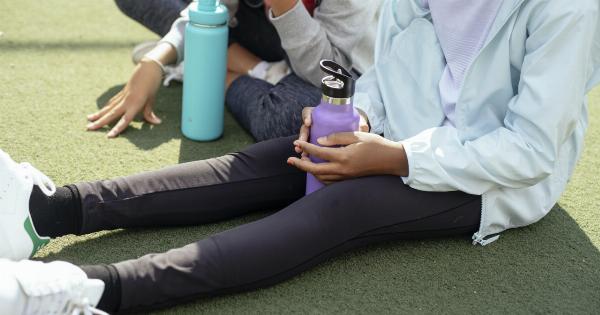Energy drinks have become increasingly popular among teenagers and adolescents, as well as among adults who need to stay alert and focused. However, concerns have been raised about the safety of energy drinks, especially when it comes to children.
This article will explore the potential risks of energy drinks for children and provide recommendations for parents and caregivers.
What are Energy Drinks?
Energy drinks are beverages that typically contain caffeine and other stimulants such as taurine, guarana, and ginseng. They are marketed as providing mental and physical stimulation and improving performance and endurance.
Many energy drinks also include high amounts of sugar and other additives such as B vitamins and amino acids.
Why are Energy Drinks Popular Among Children?
Energy drinks are often marketed to children and adolescents as a way to boost energy, improve concentration, and increase physical performance. They are also commonly consumed before exercise or sports events.
In addition, energy drinks are widely available and often sold in convenience stores, gas stations, and vending machines.
What are the Risks of Energy Drinks for Children?
While energy drinks may provide a temporary boost of energy and alertness, they can also have negative consequences, especially for children. Here are some potential risks of energy drinks for children:.
1. Caffeine Overdose
Many energy drinks contain high amounts of caffeine, which can cause jitteriness, nervousness, and irritability. In extreme cases, caffeine overdose can lead to seizures, heart palpitations, and even death.
Children are more vulnerable to caffeine side effects than adults because they have smaller bodies and lower tolerance levels.
2. Dehydration
Energy drinks can cause dehydration because they contain high amounts of sugar and caffeine, which can increase urine output and cause loss of fluids and electrolytes.
Dehydration can lead to symptoms such as headaches, dizziness, and fatigue, and in severe cases, can cause seizures and coma.
3. Obesity and Tooth Decay
Many energy drinks contain high amounts of sugar, which can contribute to obesity, tooth decay, and other health problems.
Children who consume energy drinks regularly may be at increased risk of developing diabetes, heart disease, and other chronic conditions.
4. Interference with Sleep and Rest
Energy drinks can interfere with sleep and rest because they contain caffeine and other stimulants that can keep children awake and alert. Lack of sleep can lead to mood swings, irritability, and poor academic performance.
5. Excessive Calorie Intake
Energy drinks are often consumed in addition to regular meals and snacks, which can lead to excessive calorie intake and weight gain. Children who consume energy drinks regularly may be at increased risk of becoming overweight or obese.
How Can Parents Protect Children from the Risks of Energy Drinks?
Parents and caregivers can take several steps to protect children from the potential risks of energy drinks:.
1. Educate Children about the Risks
Parents should talk to their children about the potential risks of energy drinks, including caffeine overdose, dehydration, obesity, and tooth decay. Children should be encouraged to drink water or other healthy beverages instead of energy drinks.
2. Limit Access to Energy Drinks
Parents should limit children’s access to energy drinks by not buying them and not allowing them to be sold in vending machines or at school.
Parents should also monitor their children’s beverage consumption and provide alternatives such as water, milk, or natural fruit juice.
3. Encourage Healthy Habits
Parents can encourage healthy habits such as regular exercise, balanced meals, and adequate sleep. Children who are well-rested and well-nourished are less likely to feel the need for energy drinks.
4. Set a Good Example
Parents can set a good example for their children by avoiding energy drinks themselves and choosing healthy beverages such as water, tea, or fruit smoothies.
Conclusion
Energy drinks are popular among children and adolescents, but they can have negative consequences such as caffeine overdose, dehydration, obesity, and interference with sleep and rest.
Parents and caregivers can take steps to protect children from the risks of energy drinks by educating them about the dangers, limiting access, encouraging healthy habits, and setting a good example.






























